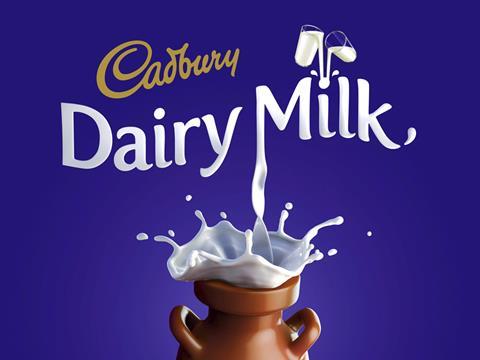
Cadbury looks to be planning a Dark Milk variant of its best-selling chocolate bar.
Mondelez registered the name Cadbury Dark Milk with the Intellectual Property Office under the chocolate, biscuits and cakes categories.
The new variant would tap the trend for darker artisanal chocolate developed by premium brands, such as Montezuma’s “dark side” milk chocolate, while using Cadbury Dairy Milk - the UK’s second biggest food and drink brand, with sales of £526m [Nielsen 52 w/e 10 September 2016] as the platform for a more mainstream launch.
A typical dark milk chocolate comprises 45% cocoa - versus 26% cocoa in Cadbury Dairy Milk - though in recent years some chocolate makers have used as much as 70% cocoa in new dark milk chocolate bars, a percentage normally associated with dark chocolate. Divine Chocolate, which has a 38% cocoa milk chocolate bar, said the higher percentage is “in response to consumer feedback to provide the best possible flavour”.
Dark milk chocolate can also provide consumers with a healthy compromise between dark chocolate - which contains more antioxidants due to its higher cocoa content as well as less sugar - and dairy milk, which contains more fat and sugar.
Unlike dark chocolate, the use of dairy and vegetable fat solids means a dark milk chocolate can still deliver the melt-in-the-mouth experience so many chocolate lovers crave, and which distinguishes milk chocolate from the more astringent dark chocolate.
Scientists have been working for years to make milk chocolate more healthy. Only this week, a new report from food scientists at North Carolina State University in the US claimed to have found a way to increase the antioxidants in milk chocolate without compromising taste by adding peanut skin extract.
A Mondelez spokesman refused to confirm or deny the plan: “Mondelez International can explore hundreds of ideas at any one time, some of which will make it to market and some will not.”
However, the proposed trademark may also be in anticipation of a post-Brexit reformulation plan. This week, Nick Clegg warned that exports of UK chocolate to the Continent could be stymied once the country completed its withdrawal from the EU.
Chocolate containing higher levels of vegetable fat and milk were only permitted in Europe in 2003, following 30 years of wrangling amid arguments from bureaucrats that they should be called ‘chocolate substitutes’.
Cadbury-style milk chocolate may once again face such prohibition, claimed the former deputy PM. “I would have thought that, relatively quickly, European manufactures will say, ‘Let’s just tweak the chocolate definition’,” Clegg told the audience at an FDF ‘Exiting the EU’ event. “Then, suddenly, [British products] cannot be called chocolate any more [outside the UK].”
It wasn’t inconceivable that Cadbury was developing a separate variant that met EU criteria, suggested Chris Blythe, director of The Brand Nursery. “In pre-Brexit, post-referendum hysteria, there is a temptation to see pretty much every business decision as an attempt to lessen its potential impact.”







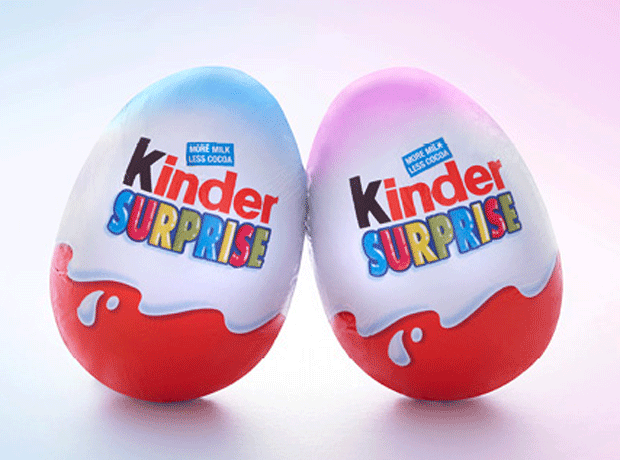
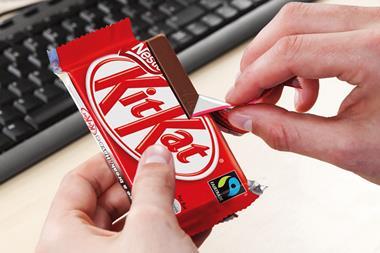

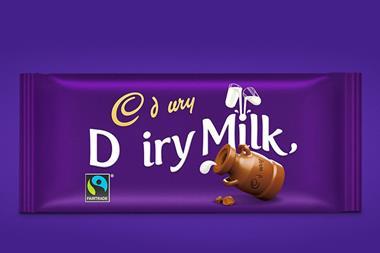
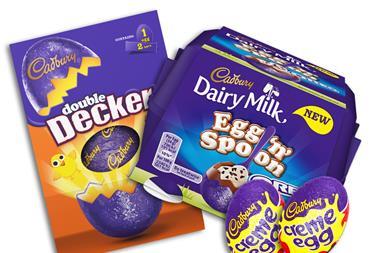
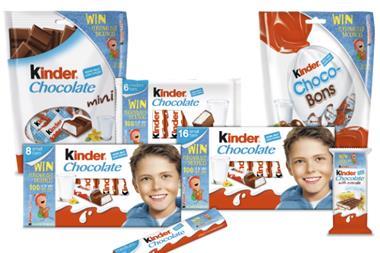






No comments yet